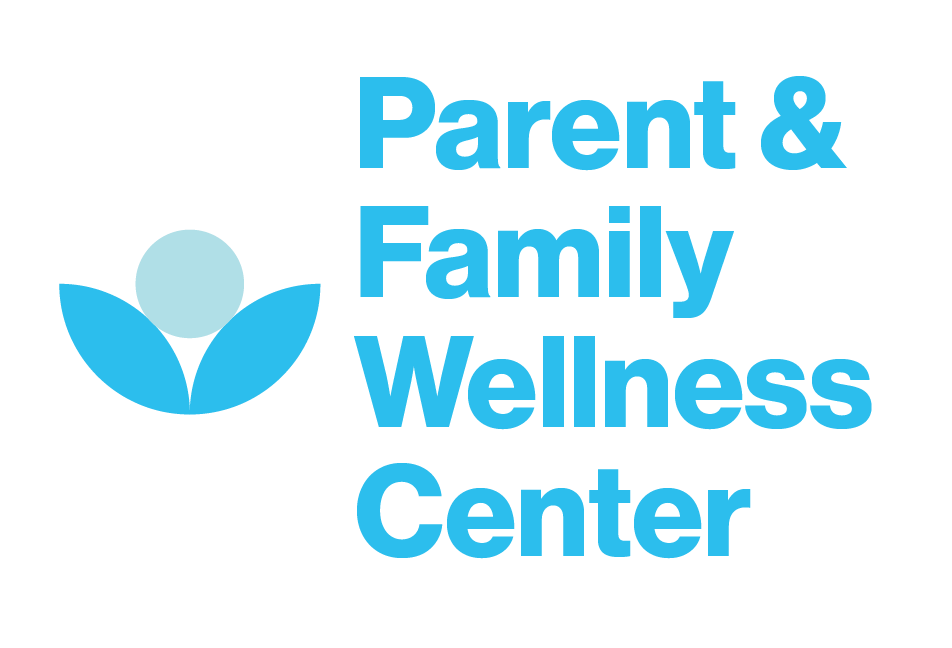Intentional Parenting: Apology and Ownership
This week we are highlighting another trait of intentional parenting. That of owning mistakes and apologizing for them.
Yes, it’s true, many of us were not taught the importance of owning our mistakes in life, especially with our children. Many of us were not raised by parents who owned their own mistakes, and many of our parents may never have apologized for anything. Many of us have been led to believe that we should not admit to failure and uncertainty when we are parenting- that our children’s respect comes from a sense that we know everything, are right all the time, and are never vulnerable.
Let me burst that false bubble as quickly as I can.
In all relationships, including parenting, ownership for wrong doing and taking responsibility for our choices goes a long, long way in building trust, respect, and strong attachment. And we model this important trait to our children all the time. Through our own actions, we teach them the value of reflection and empathy and responsibility. Or, we teach them the value of self-preservation and perfection and power over another.
Which do you choose?
But not all apologies are created equal:
“I’m sorry but…. (you made me do it, or you deserved it, or I was angry, or [fill in the blank] is very defensive.
“I’m sorry that you feel like I (didn’t listen, or disappointed you, or like I [fill in the blank] is very blaming.
“I’m sorry that you are (feeling so sensitive, can’t handle criticism, or don’t know how to take a joke” is very dismissive.
Just:
“I’m sorry.”
“I’m sorry that I lost my patience.” I’m sorry that I hurt your feelings.” “I’m sorry that I wasn’t paying attention.” “I’m sorry that I spoke to you that way.”
Just, “I’m Sorry.”
And, the most perfect response to an apology, whether it is you or your child who receiving the apology?
You’ve got it: “Thank you.”
Not, “it’s ok,” or “don’t worry about it,” or “It’s not a big deal.”
Just:
“Thank you.”
And then, everyone can move on, knowing that humans aren’t perfect and that when we can own our part in conflict and repair, we are left that much stronger and worthy of respect.
But don’t take my word for it, of course. Give it a try. See what happens.
And, let us know.

